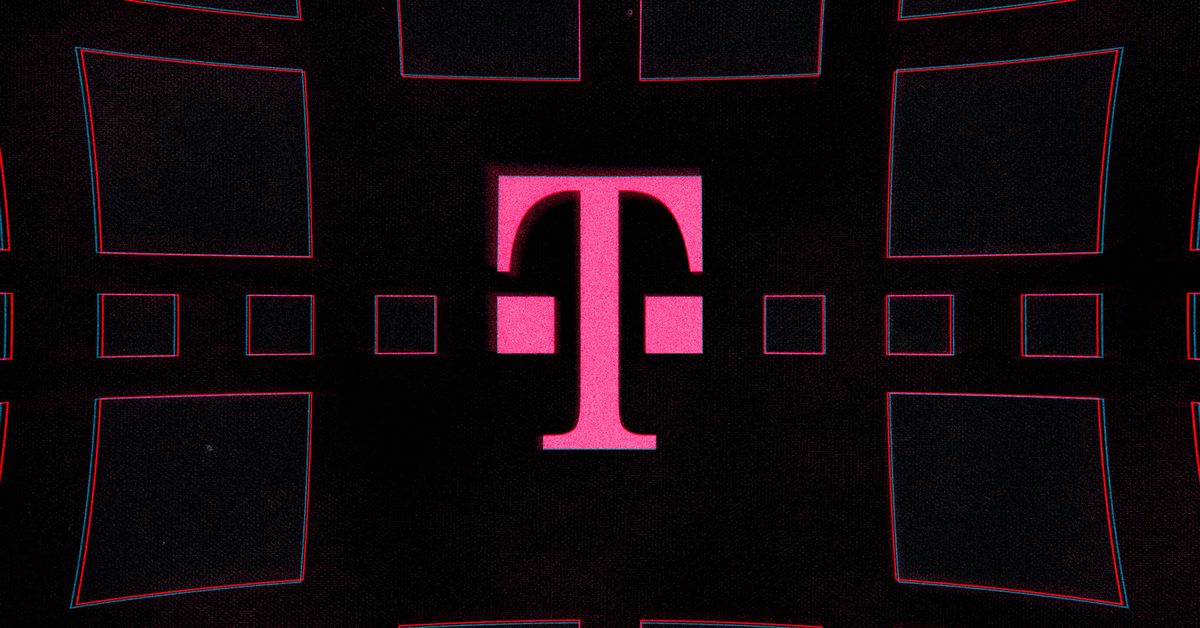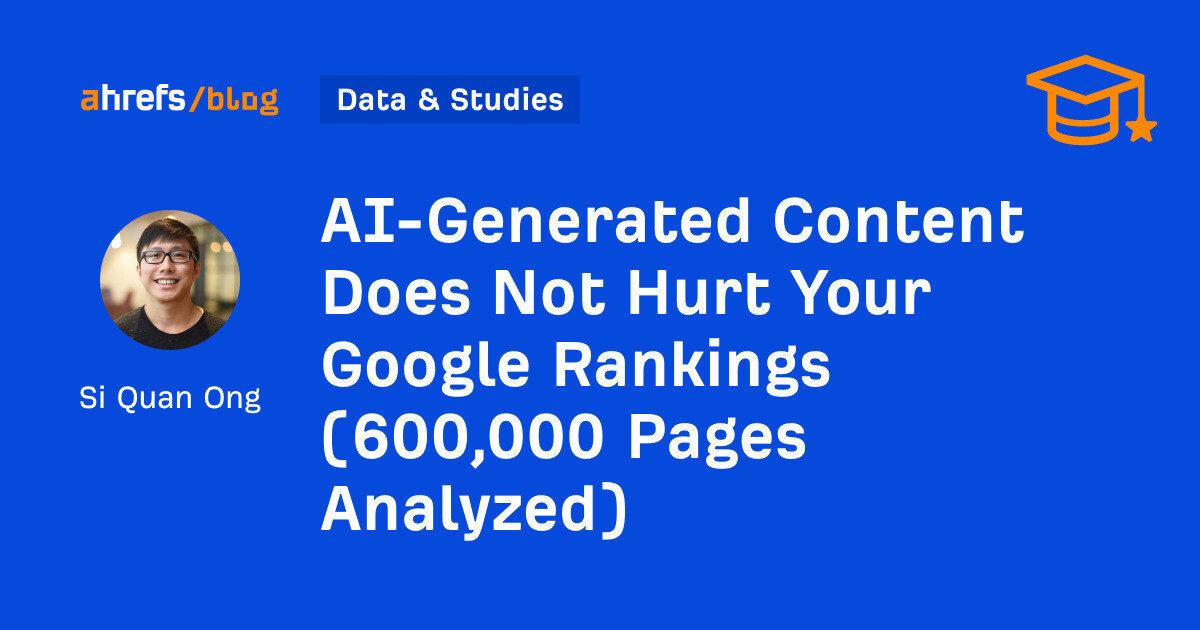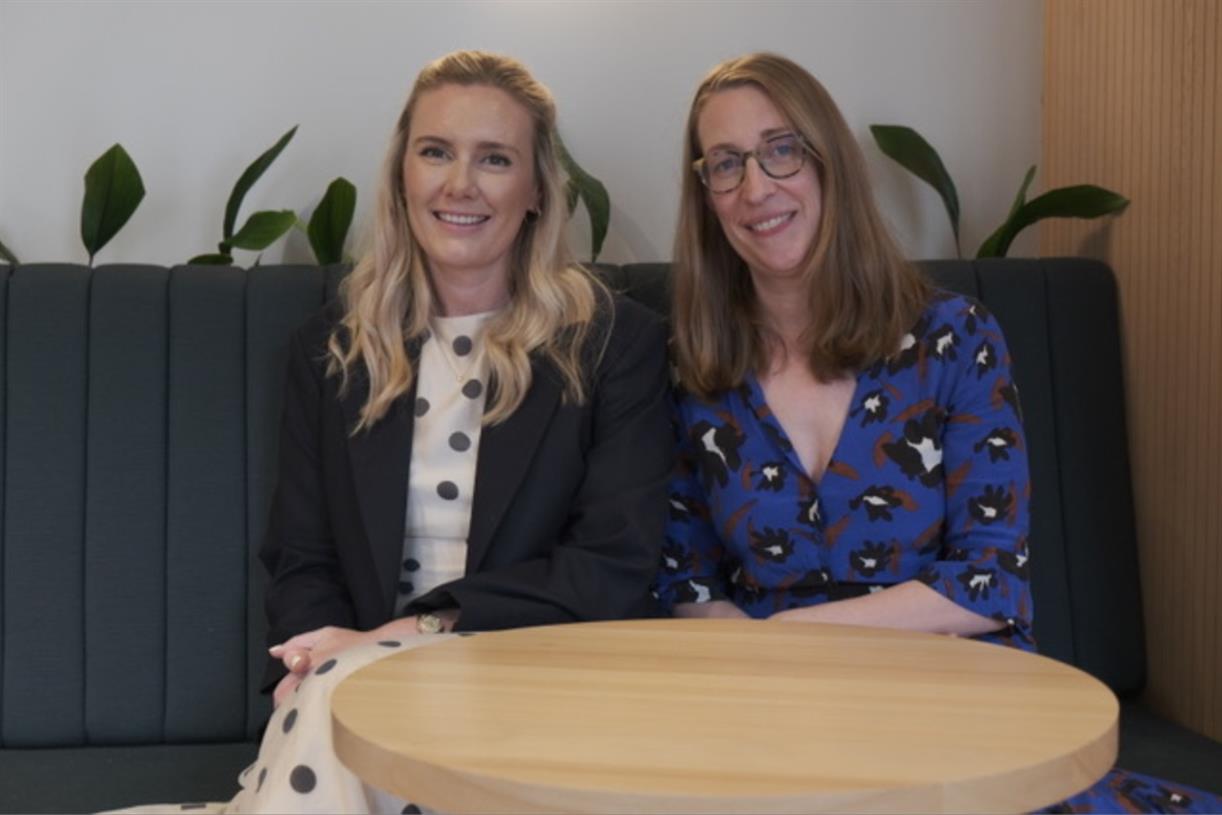Europe is at risk of over-restricting AI and falling behind U.S. and China, Dutch prince says
Prince Constantijn of the Netherlands told CNBC Europe risks limiting its role in artificial intelligence to being a regulator, rather than an innovator.

Prince Constantijn is special envoy to Techleap, a Dutch startup accelerator.
Patrick Van Katwijk | Getty Images
AMSTERDAM — Europe is at risk of falling behind the U.S. and China on artificial intelligence as it focuses on regulating the technology, according to Prince Constantijn of the Netherlands.
"Our ambition seems to be limited to being good regulators," Constantijn told CNBC in an interview on the sidelines of the Money 20/20 fintech conference in Amsterdam earlier this month.
Prince Constantijn is the third and youngest son of former Dutch Queen Beatrix and the younger brother of reigning Dutch King Willem-Alexander.
He is special envoy of the Dutch startup accelerator Techleap, where he works to help local startups grow fast internationally by improving their access to capital, market, talent, and technologies.
"We've seen this in the data space [with GDPR], we've seen this now in the platform space, and now with the AI space," Constantijn added.
European Union regulators have taken a tough approach to artificial intelligence, with formal regulations limiting how developers and companies can apply the technology in certain scenarios.
The bloc gave final approval to the EU AI Act, a ground-breaking AI law, last month.
Officials are concerned by how quickly the technology is advancing and risks it poses around jobs displacement, privacy, and algorithmic bias.
The law takes a risk-based approach to artificial intelligence, meaning that different applications of the tech are treated differently depending on their risk level.
For generative AI applications, the EU AI Act sets out clear transparency requirements and copyright rules.
All generative AI systems would have to make it possible to prevent illegal output, to disclose if content is produced by AI and to publish summaries of the copyrighted data used for training purposes.
But the EU's Ai Act requires even stricter scrutiny for high-impact, general-purpose AI models that could pose "systemic risk," such as OpenAI's GPT-4 — including thorough evaluations and compulsory reporting of any "serious incidents."
Prince Constantijn said he's "really concerned" that the Europe's focus has been more on regulating AI than trying to become a leader innovating in the space.
"It's good to have guardrails. We want to bring clarity to the market, predictability and all that," he told CNBC earlier this month on the sidelines of Money 20/20. "But it's very hard to do that in such a fast-moving space."
"There are big risks in getting it wrong, and like we've seen in genetically modified organisms, it hasn't stopped the development. It just stopped Europe developing it, and now we are consumers of the product, rather than producers able to influence the market as it develops."
Between 1994 and 2004, the EU had imposed an effective moratorium on new approvals of genetically modified crops over perceived health risks associated with them.

The bloc subsequently developed strict rules for GMOs, citing a need to protect citizens' health and the environment. The U.S. National Academies of Sciences says that genetically modified crops are safe for both human consumption and the environment.
Constantijn added that Europe is making it "quite hard" for itself to innovate in AI due to "big restrictions on data," particularly when it comes to sectors like health and medical science.
In addition, the U.S. market is "a much bigger and unified market" with more free-flowing capital, Constantijn said. On these points he added, "Europe scores quite poorly."
"Where we score well is, I think, on talent," he said. "We score well on technology itself."
Plus, when it comes to developing applications that use AI, "Europe is definitely going to be competitive," Constantijn noted. He nevertheless added that "the underlying data infrastructure and IT infrastructure is something we'll keep depending on large platforms to provide."

 KickT
KickT 
































